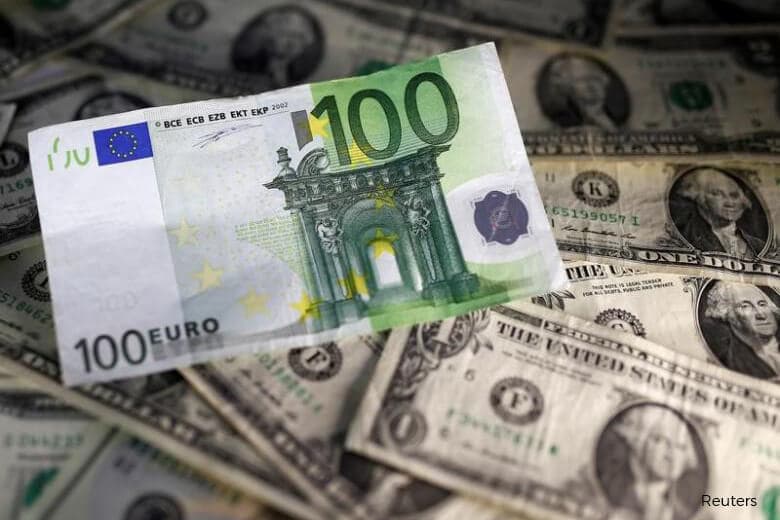
LONDON (March 20): US bank Citi has abandoned its prediction of a fall for the euro to below parity against the dollar, the latest major lender to capitulate on long-term forecasts for a historic change in one of the world's big currency equilibriums.
The shift, sent to clients in a strategy note late on Friday, follows revisions by other major dollar bulls including Deutsche Bank, who last week again pushed out their timetable for a fall to US$0.95 for the euro.
Reuters historic polling data shows all of the currency world's top ten banks have now been forced substantially to back off the forecasts of a swift drop below parity which have been widespread since the dollar rallied strongly in late 2014.
Barclays and Morgan Stanley analysts have both raised their 1-year forecast to 99 cents from 95 cents while other dollar bulls including Bank of America Merrill Lynch, BNP Paribas and Goldman Sachs are at US$1 or above.
JP Morgan has the euro at US$1.15 at year's end, while HSBC's David Bloom has been forecasting a bounce to US$1.10 or beyond for months.
Cutting a number of its forecasts for the dollar, analysts from Citi, the world's largest currency trader, raised its target for the euro over the next 6 months from US$0.98 to US$1.04.
It cited factors ranging from signs President Donald Trump's fiscal and tax plans may be delayed, to growing expectations of a tightening in European Central Bank monetary policy this year and the defeat of anti-euro candidate Marine Le Pen in France.
"Our medium term forecasts still assume 3-4% $ upside globally with no little differentiation in spot terms between G10 and emerging market movements," the note said.
"This is less than before reflecting the broadening of the reflation trade, expectations of tighter policies outside the US and some disappointment on the possible achievements of the Trump Administration."
The euro gained for a fourth day running against the dollar on Monday to trade at US$1.0753.
Tail risk
The big remaining risk to the euro is a political surprise from one or other of major national elections scheduled or expected across Europe this year.
JP Morgan strategist Paul Meggyesi is among the most downbeat on the dollar's prospects going forward but he points to French far-right candidate Marine Le Pen and others as having the potential to alter those.
The dollar has been falling steadily since the US Federal Reserve last week raised interest rates but stopped short of signalling a faster monetary tightening was in store.
"We’re comfortable with the way that things are unfolding. Western European growth appears on balance to be improving and, conditioned on European political uncertainty, we have probably seen the lows in euro dollar," Meggyesi said.
"The price action confirms a key thesis in our forecast that the Fed hiking is not sufficient for the dollar to rally."
One element pointed to again by analysts over the past few weeks is the sheer weight of trade and central bank money favouring the euro month to month.
Germany's huge current account surplus has ballooned to more than 30 billion euros at month and data suggests the Czech and Swiss central banks have been accumulating around €13 billion a month each through market intervention.
US futures market data on Friday showed bets against the euro still total more than US$5.4 billion, but they are also now at their lowest levels since May of last year.